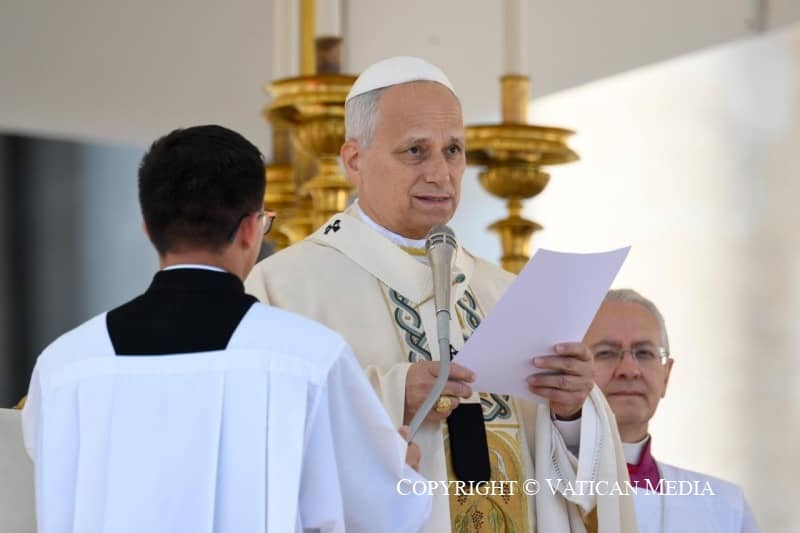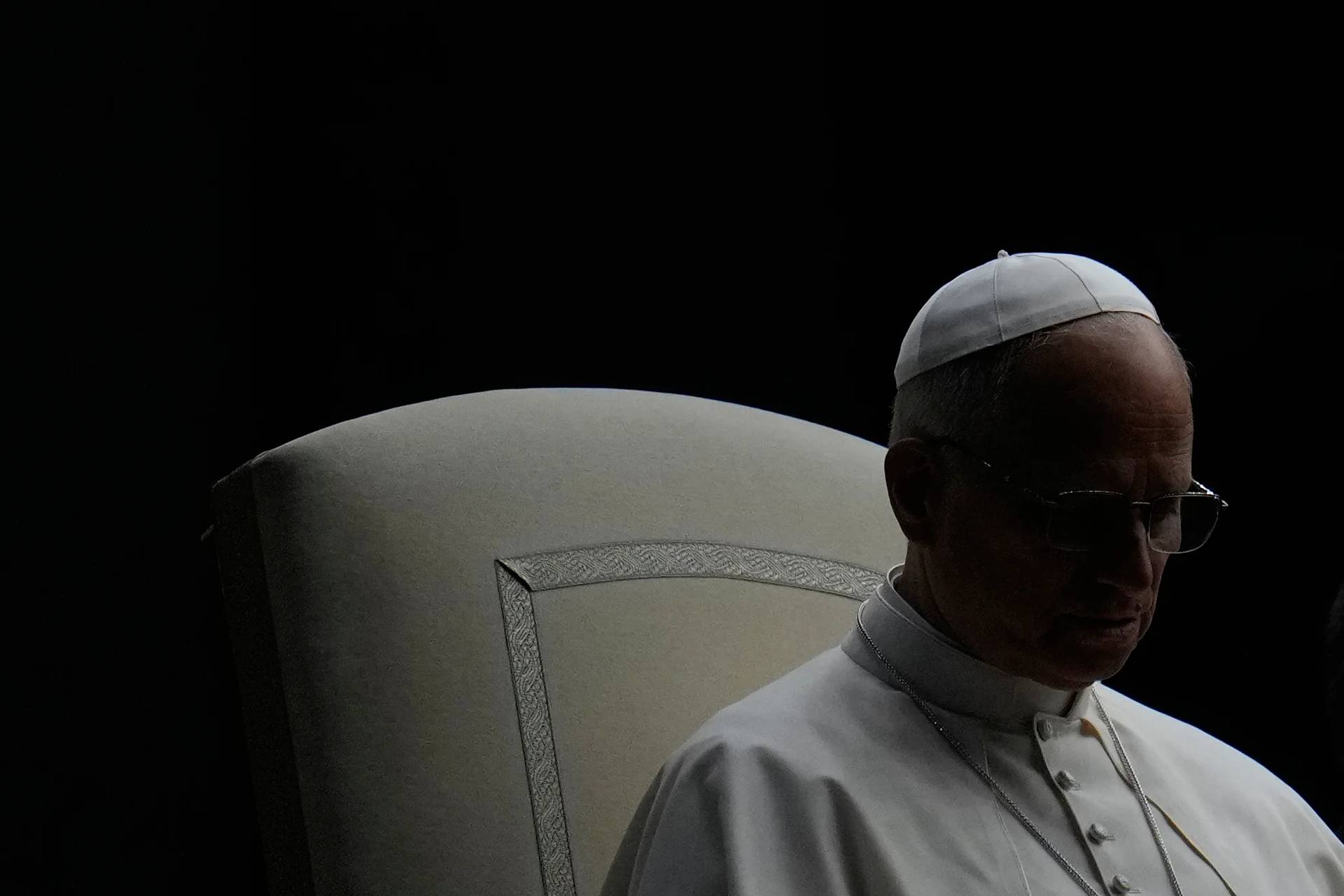Catholic leaders in India, who have long been on the front lines against both the injustices of the caste system and violence against women, have reacted with outrage to the recent brutal rape and murder of a “Dalit” woman, meaning one of those considered “untouchable” under the ancient caste rules.
The incident has triggered protests in India, including a rally on Friday in front of Kerala House, a government building in Delhi. Critics charge that the police, often accused of being both anti-woman and anti-Dalit, are covering up the facts of the crime to hide their own botched investigation.
On April 28 in the southern state of Kerala, the mutilated body of Jisha, a young law student, was found by her mother inside of their home. The residence is essentially a hut which the two constructed by themselves, with no water and no toilet.
Reportedly, police did not arrive on scene for two hours after they were called. After using the light from their cell phones to examine the body, they left it in place until the next day at noon when it was collected for a hasty autopsy and then cremated.
It was only when independent media got involved that the entirety of the crime was reported. This created wide outrage, and brought protestors into the streets.
The case has evoked strong statements and emotions from many groups, including the Indian bishops’ conference.
A secretary for the bishops’ conference, Verbite Sister Talisha Nadukudiyil, wrote, “The brutal killing and rape of a young law student, Jisha, in Perumbavoor, Kerala has undoubtedly shocked the Indian community as a whole. It appears that women are taunted, molested and abused in every walk of life, and they are not even safe in their own homes.”
“We must question how safe and secure women are today in India,” Nadukudiyil wrote. “Impoverished women are even more vulnerable.”
The bishops conference’s Office for Women has said that it takes such savage attacks against women very seriously, and has joined other groups in civil society in demanding the government of Kerala, as well as the national government, intensify efforts to find the offenders and to prosecute them as soon as possible.
According to India’s National Crime Record Bureau, crimes against women in the country have increased by 7.1 percent in tandem with a similar rise in the number of rapes. More than half the victims are between 18 and 30 years old.
Statistics also show that in India, a woman is raped every 20 minutes.
After an infamous gang rape in New Delhi in 2012, a new “anti-rape law” was instituted containing harsher punishments such as increased jail lengths and even the death penalty in cases of repeat offenders or rapes that cause comas, but to date critics say those measures have not notably increased women’s safety.
Another office of the bishops’ conference in India, this one devoted to “Dalits and Backward Classes,” issued its own statement saying it was “deeply shocked” by the student’s murder.
“We are also sorry to know it took a week for the media to report and the police to act and come out with the postmortem report, which shows that the victim sustained 38 injuries, apart from being smothered and strangulated,” the statement said.
“The situation of this Dalit victim’s family which lived in abject poverty in an isolated hut covered by an asbestos sheet, with no toilet and no water, shows the condition of thousands of Dalit families in India that live in poverty and outside the social security net brought about by lower caste status,” it said.
“This incident continues the discourse on gender violence, women’s safety and caste discrimination in our caste ridden and patriarchal Indian society … In modern India, violence against women and discrimination against Dalits continue to remain pervasive. Worse, these crimes are on the rise.”
The bishops’ office called for steps to “ensure safety and security to Dalit women, alleviate the poverty of Dalits by having inclusive development policies, and take all measures to stop all discriminatory practices against Dalits.”
















